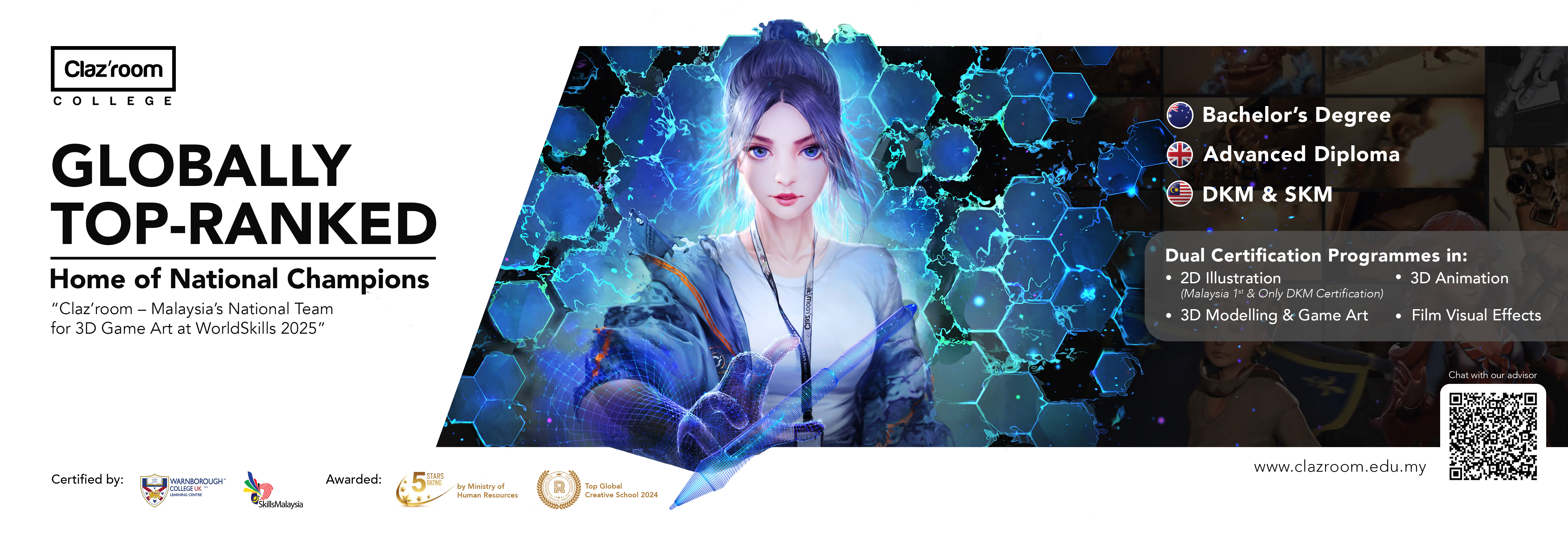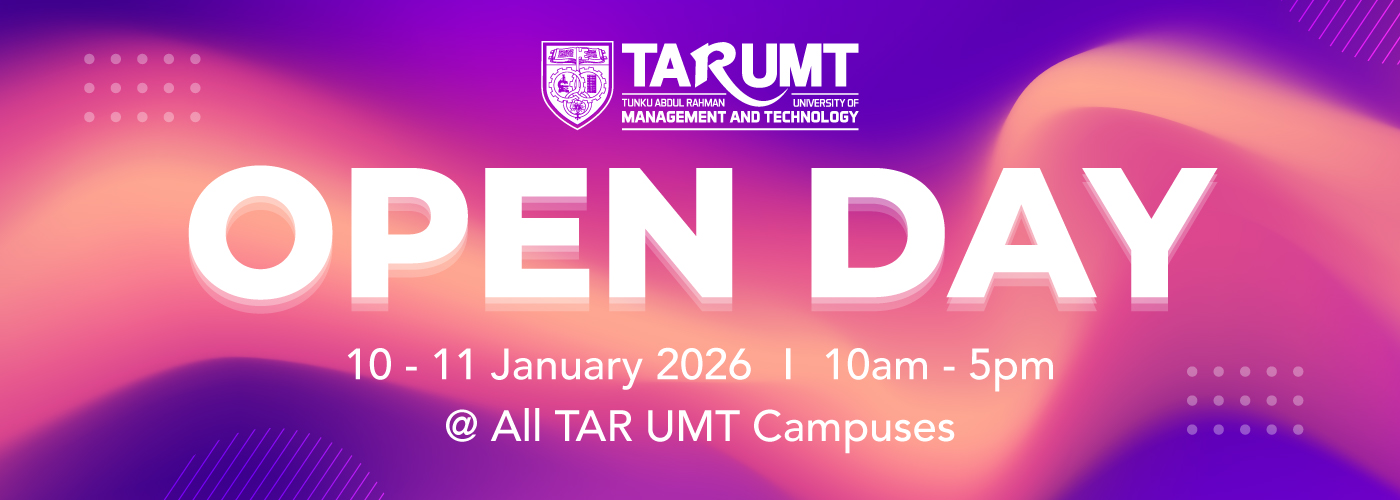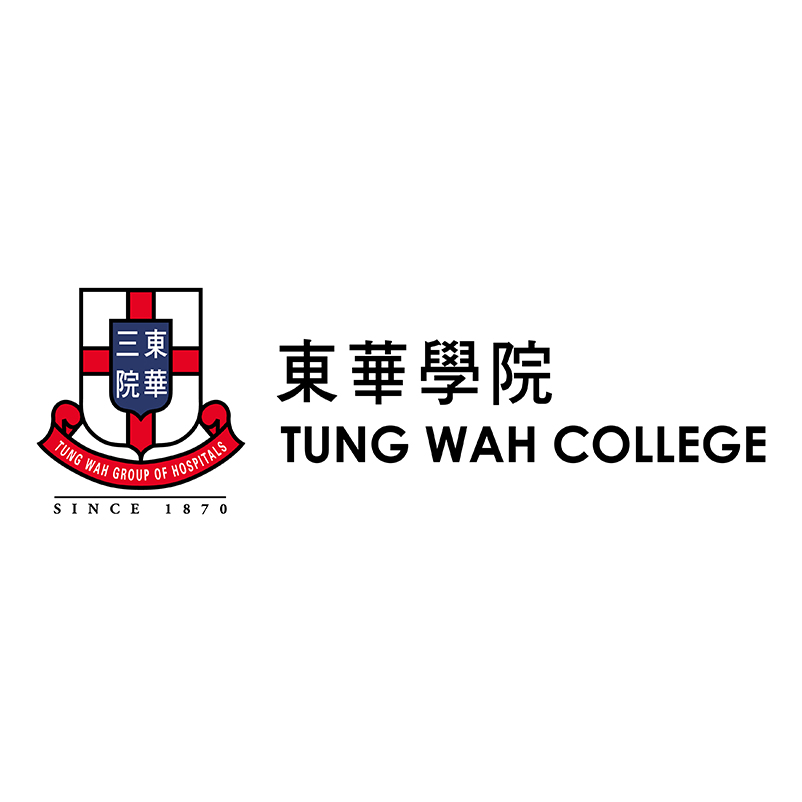Higher Diploma (Medical Technology Regulatory Affairs and Quality)
The Higher Diploma in Medical Technology Regulatory Affairs and Quality programme has been specifically designed to meet the growing requirements of medical technology companies in filling regulatory and quality assurance roles. The impetus for the development of this specialist programme emerged from industry needs and the content has been developed jointly by NUI Galway and IT Sligo, in conjunction with external professionals and industry practitioners who have all the required expertise, knowledge, skills and experience to deliver the education and training required to the highest international standards.
The course will link the existing regulations to regulatory requirements and how those requirements are executed across the medical device lifecycle, for example:-
- how to develop technical documentation for regulatory submissions (regulatory affairs professionals)
- how to perform vigilance post market surveillance requirements (Vigilance specialist)
- core quality management standards and requirements (QA or Compliance Specialist)
- testing requirements to demonstrate safety and efficacy of a medical device (R&D Engineer)
Regulatory Affairs and Quality personnel within the medical technology products sector are responsible for assuring that pertinent government obligations, market-driven demands, and evolving scientific conventions are understood and addressed by various stakeholders of the medical and healthcare system. Given the evolving nature of international regulations regulatory affairs and quality assurance professionals must continually grow their knowledge and skills to be effective and to advance in their careers. This course will ensure the development and enhancement of those skills.
The programme aims are to:-
- Provide participants with a fundamental grounding in medical device regulatory and quality requirements.
- Provide necessary training to convert personnel with life sciences qualifications to transition into specialist roles in medical technology quality assurance and/or regulatory affairs functions and upskill medical technology professionals in the regulatory framework in their existing roles.
- To ensure that participants have sufficient skills and knowledge to employ a fundamental level of data analysing, sythesising, summarising and writing skills in a regulatory environment
- Foster participants’ intellectual development and develop skills to work and communicate effectively through various media
- To ensure participants have the skills and ability to function within, and adapt to, a changing technical work environment and evolving regulatory frameworks
- To ensure the participants can provide appropriate input and support for working within regulations to expedite the development and delivery of safe and effective healthcare products to people around the world.
The programme consists of 12 modules, each worth 5 ECTS. The programme is delivered over four semesters (two academic years). Three modules are delivered per semester.
Assessment of students will be through continuous assessment of each module, which will include written assignments, workshop-based problem solving, and open-book exams using multiple choices, matching questions as well as short and long answer questions.













